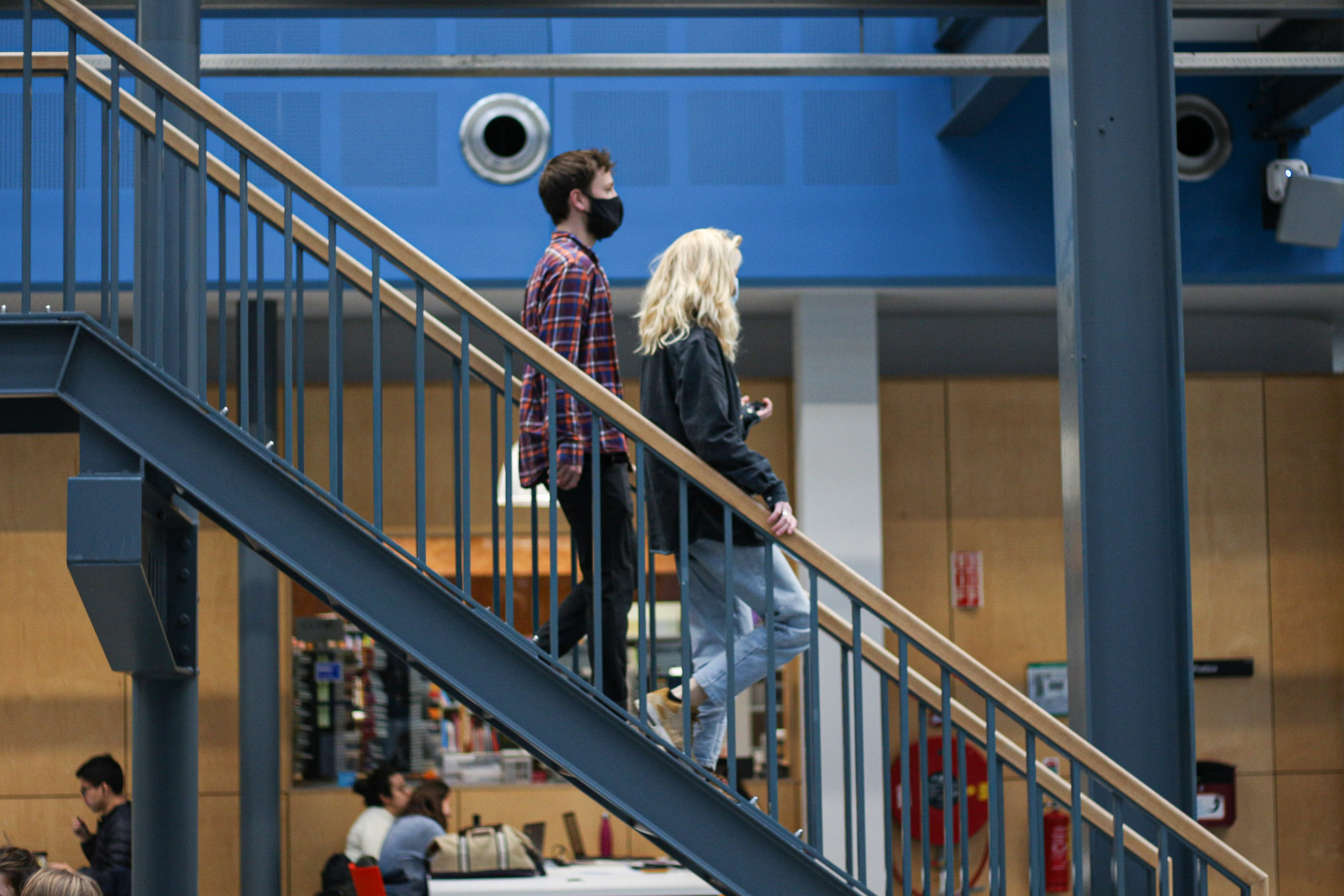The OMT is advising easing quarantine regulations in the education sector. The Cabinet will announce the new rules at its press conference tonight.
Photo for illustration only. (Photo: Justyna Botor)
At the moment, the only restrictions in higher education are: no more than 75 students in a lecture hall and wearing a face mask ‘always and everywhere’. However, during examinations, more than 75 students are allowed in a room.
The general corona rules also apply. Among other things this means that students and staff must be quarantined if they have been in close contact with someone carrying the virus.
Negative self-tests
If it were up to the Outbreak Management Team (OMT), these rules would be relaxed. Students in higher education who should be in quarantine will be allowed to attend lectures ‘provided they have a negative self-test every day for five days, have no complaints, and avoid contact with vulnerable persons’.
In these cases, young people in jobs or on internships should consult their employers as to whether daily self-testing is sufficient. For medical and nursing students on work placements or internships, ‘these matters should be arranged in consultation with the relevant course and faculty’.
The OMT is also allowing a relaxation in schools. Children up to the age of 12 no longer have to go into quarantine if they have been in contact with an infected person. Children up to the age of 18 may go to school if they do a self-test every day.
Another major change – if the Cabinet adopts the advice – is that the hospitality and culture sectors will be opened again. The OMT does advise closing times and a corona pass is required to take part in activities.
Student associations
‘Don’t lump us in with pubs and restaurants’, write the student associations. They want a ‘focused corona policy’ for their activities, they write in a response.
All kinds of measures have been leaked before the cabinet gives its press conference tonight. For example, the hospitality and culture sector will soon be allowed to stay open until 22:00. The letter from the National Chamber of Associations came out a little earlier yesterday.
Students need to build social relationships, develop their identities and themselves, say the associations. The lockdowns prevent them from doing so, with all the psychological damage that ensue.
Not only drinks
‘A student union is not just a place for drinking’, says the letter from the student associations. It mentions sports activities, Bible circles, theatre and music rehearsals, debating evenings, libraries, committee meetings, symposiums, lectures, game nights and study facilities. This is what distinguishes the associations from what they call ‘traditional’ catering establishments.
Student associations can alleviate the mental problems of students, they say, but they have to get permission for activities that are not counted as catering.
(HOP, Josefine van Enk, Bas Belleman)
Do you have a question or comment about this article?
redactie@hogeronderwijspersbureau.nl


Comments are closed.